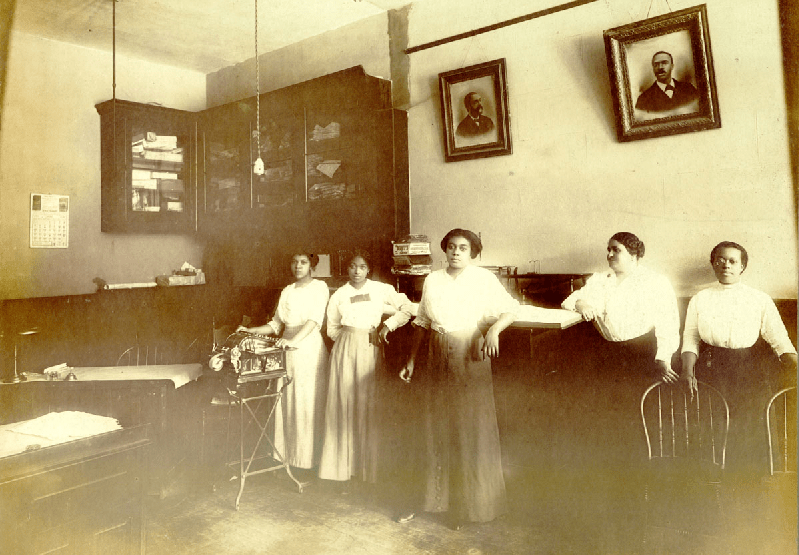
America’s workforce thrives on diversity. Throughout our history, the variety of skills, experiences and perspectives of this nation’s workers fueled innovation and growth. This month, we’re highlighting Black workplace pioneers who blazed trails that created opportunities and improved the lives of generations of Americans.
Phillis Wheatley: Poet
Phillis Wheatley became the first Black American to publish a book of poetry, after being educated by the family that purchased her as a slave when she was still a child. Wheatley’s poems were celebrated by many famous people of the time. George Washington complimented her poetic style after she wrote a poem in his honor, and they eventually met.

Maggie Lena Walker: Business Leader
Born in Richmond, Virginia in 1864, Maggie Lena Walker grew up to be a successful businesswoman and community leader. She was the first Black woman in the United States to charter a bank in 1903, and the first to serve as bank president. Over the course of her career, she also opened a department store and edited a newspaper. She was active in many organizations that sought to advance opportunities for Black Americans, including the Independent Order of Saint Luke and the National Association of Wage Earners. She used her position to help others, employing many Black women as accountants, journalists and other occupations that paid higher wages than the household work in which many Black women found employment at the time.

Mary McLeod Bethune: Educator and Advisor
Mary McLeod Bethune was born to former slaves in South Carolina in 1875. As a child, she helped her family pick cotton while attending school. She held many jobs – including teaching, selling insurance, and running a boarding school for Black women in Florida. That school eventually joined an all-male school to become Bethune-Cookman College. She fought for racial and gender equality throughout her life, and advised several presidents on labor and youth employment. Bethune was appointed by President Franklin Roosevelt to serve as Director of Negro Affairs of the National Youth Administration, making her the highest-ranking Black woman in government, and she was the only woman of color at the UN founding conference.

Garrett A. Morgan: Safety Pioneer
In the early twentieth century, inventor Garrett A. Morgan began to tinker with a device that would protect against smoke inhalation. He later used his “safety hood” to save eight workers following a tunnel explosion in Cleveland, and sold his masks to the U.S. Army in World War I. He also patented the three-position traffic signal, adding a caution indicator to the two stop and go settings that signals used at the time. By developing creative solutions to common problems, Morgan has saved countless lives.

Dorothy Height: Public Servant
Born in 1912, Dorothy Height was a pioneer of intersectionality decades before the concept became widespread. As president of the National Council of Negro Women, which she led for four decades, she fought to improve the lives of other Black women – and was committed to improving the lives of all people who faced barriers to success. In the 1960s and 1970s, she served on several committees focused on improving quality of life for America’s workers, including the President’s Committee on Employment of People with Disabilities (formerly the President’s Committee on the Employment of the Handicapped) and the Presidential Commission on the Status of Women.

Sourced from Us Dept of Labor

